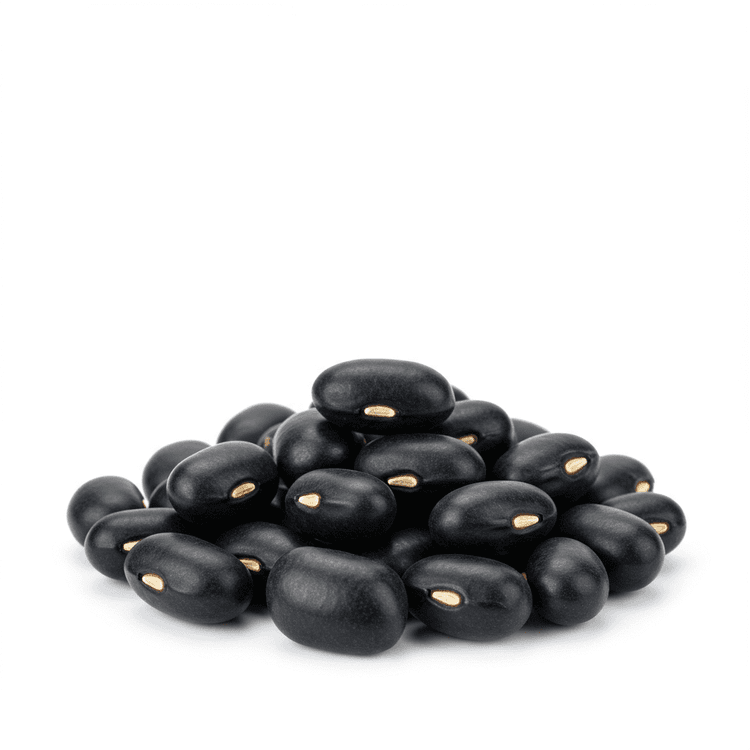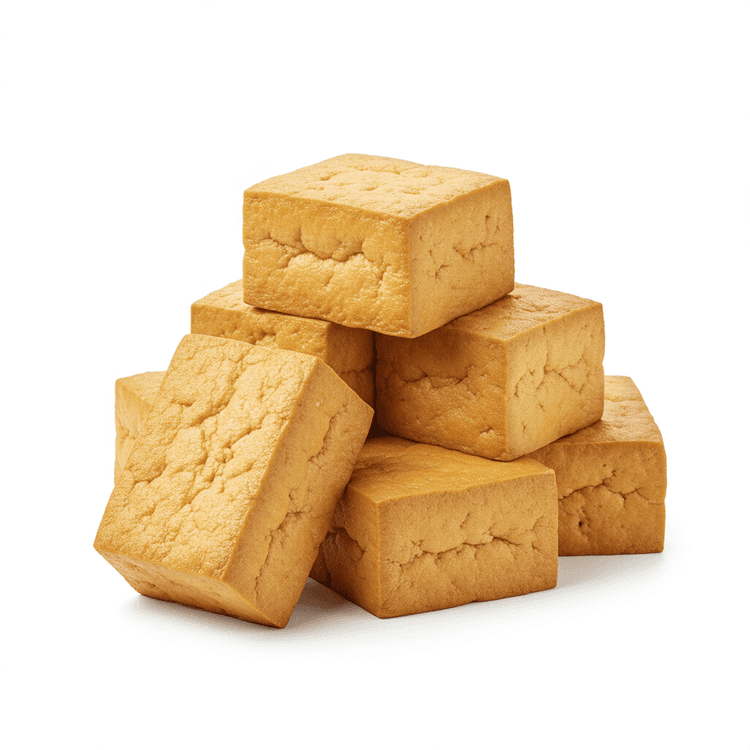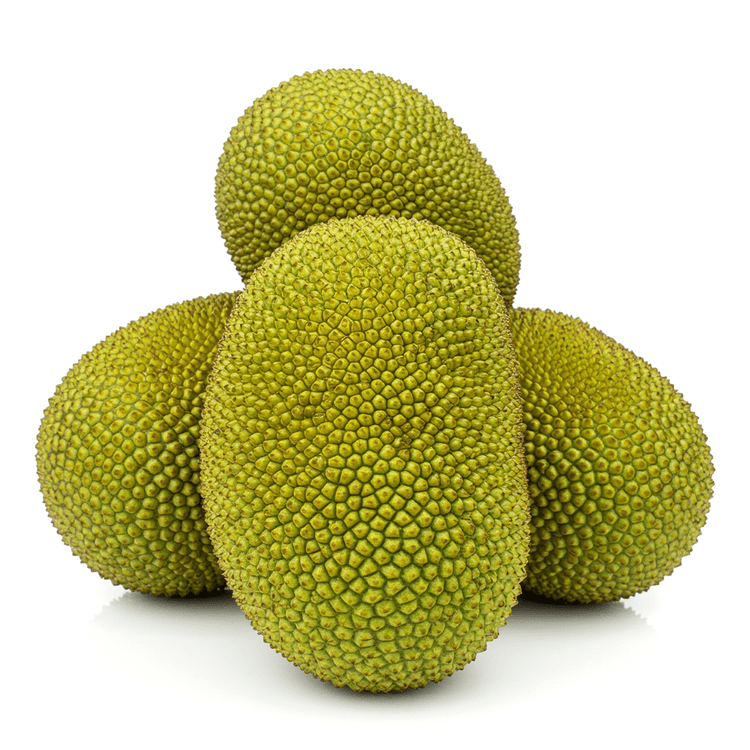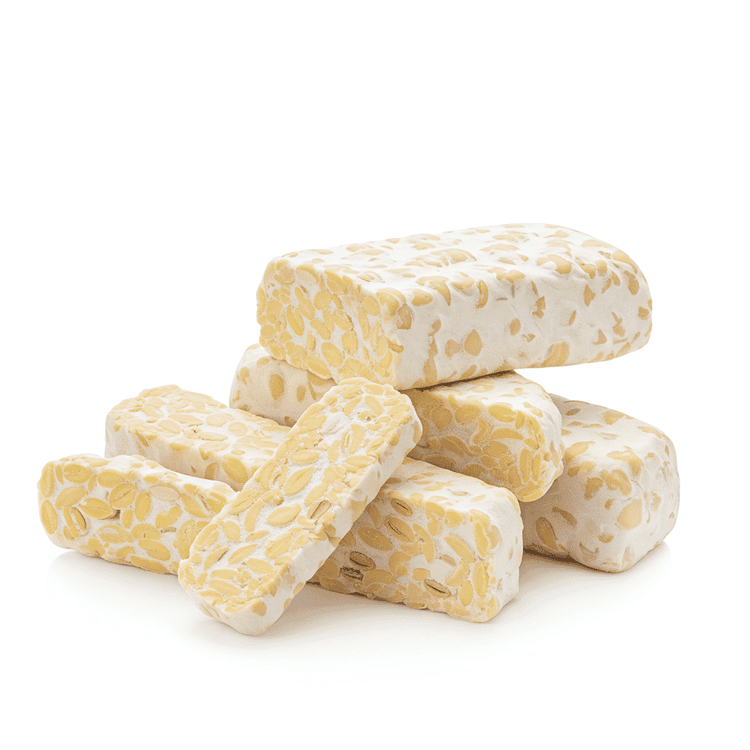
Ugba
Ugba, also known as Ukpaka, is a traditional Nigerian food ingredient made from fermented African oil bean seeds (Pentaclethra macrophylla). The fermentation process gives ugba a distinctive, pungent aroma and a slightly slimy, yet tender texture. Visually, it appears as shredded or sliced creamy-white strips, often with a brownish tinge depending on the length of fermentation. The flavor is strong, earthy, and nutty, with a hint of bitterness and a fermented tang, making it a key ingredient in many Eastern Nigerian dishes.
Common Uses
- Ugba is a primary ingredient in Isi Ewu (goat head soup), adding its characteristic flavor and texture to the rich and savory broth.
- It is a crucial component of Nkwobi, a spicy cow foot dish, where it complements the tender meat with its strong, fermented taste.
- Ugba is frequently used to enrich vegetable soups, particularly ofe onugbu (bitter leaf soup), contributing depth and complexity to the overall flavor profile.
- In Ugba and Okporo salad, ugba is combined with smoked fish (okporo), palm oil, and spices for a flavorful and satisfying meal.
- Ugba can be added to abacha (African salad), a dish made from shredded cassava, to add a unique and robust flavor.
- Some use ugba in stews and sauces to provide a more authentic flavor and enhance the dish.
Health Benefits
- Rich in protein, aiding in muscle building and repair.
- Contains dietary fiber, promoting healthy digestion and preventing constipation.
- Source of essential minerals like iron and magnesium, contributing to overall well-being.
- Provides healthy fats, beneficial for heart health and brain function.
- May possess antioxidant properties, protecting cells from damage.
- Supports gut health with its fermented nature, potentially improving the balance of gut bacteria.
Chefadora AI is here.
Experience smarter, stress-free cooking.
Storage Tips
Ugba is best stored in the refrigerator to maintain its freshness and prevent spoilage. Ensure it is properly sealed in an airtight container or wrapped tightly in plastic wrap to prevent it from drying out or absorbing odors from other foods in the refrigerator. If you have a large quantity, you can freeze ugba for longer-term storage. Thaw it in the refrigerator before use.
Marnirni-apinthi Building, Lot Fourteen,
North Terrace, Adelaide, South Australia, 5000
Australia




